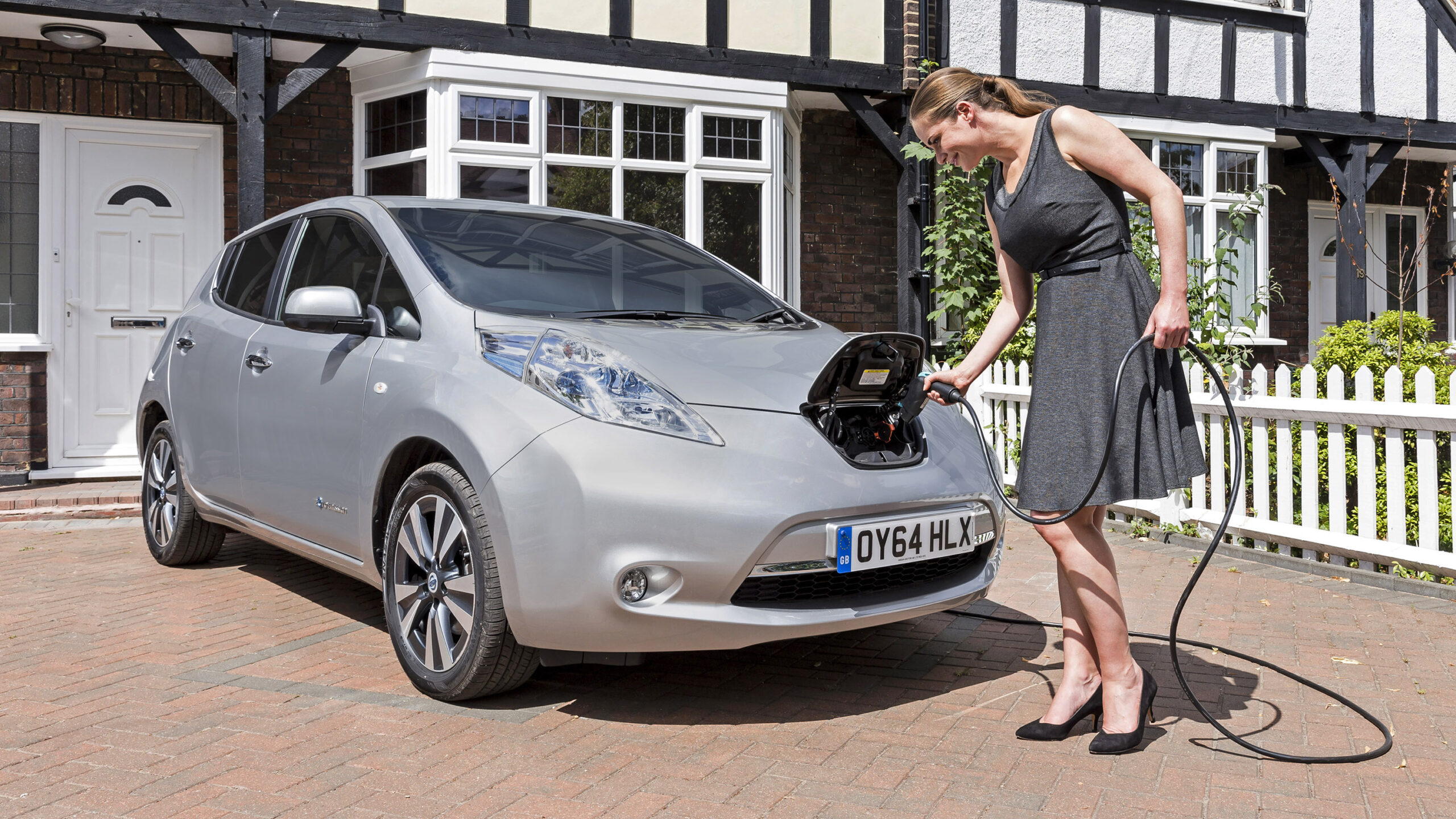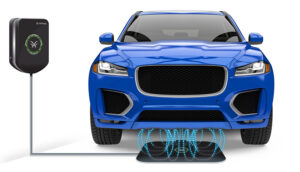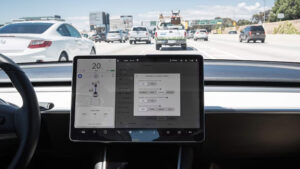
<> on July 21, 2015 in London, England.
Electric vehicles (EVs) have gained significant traction in the automotive industry, with more and more consumers considering them as a viable alternative to traditional internal combustion engine vehicles. As the demand for EVs continues to rise, so does the need for efficient and reliable battery technology. One emerging trend in the EV market is the concept of owning a car but leasing the batteries. This article explores the potential future of this innovative approach and delves into the various aspects surrounding it.
What is Battery Leasing?
Battery leasing is a concept where instead of owning the batteries outright, EV owners lease them from the manufacturer or a third-party provider. This means that while you own the car itself, the batteries are rented or leased for a specified period. The lease typically includes regular maintenance, upgrades, and support services related to the batteries.
The Benefits of Battery Leasing
Cost Savings
One of the primary advantages of battery leasing is cost savings. Batteries are often the most expensive component of an electric vehicle, and by leasing them, owners can reduce the upfront cost of purchasing an EV. This makes electric vehicles more affordable and accessible to a wider range of consumers.
Flexibility
Battery leasing also offers a great deal of flexibility. As battery technology continues to evolve rapidly, leasing allows EV owners to stay up-to-date with the latest advancements without having to bear the full cost of purchasing new batteries. Additionally, leasing provides an opportunity to upgrade to more powerful and energy-efficient batteries as they become available in the market.
Maintenance and Upgrades
When you lease the batteries, the responsibility for maintenance and repairs lies with the leasing company. This means that if any issues arise with the batteries, the leasing provider will handle the necessary repairs or replacements. It provides peace of mind to EV owners, knowing that their batteries will be taken care of by experts.
The Challenges of Battery Ownership
High Initial Cost
While owning the batteries outright may seem appealing, it comes with its own set of challenges. One of the significant barriers to battery ownership is the high upfront cost. Batteries can account for a significant portion of an electric vehicle’s price tag, making it a substantial investment for consumers.
Battery Degradation
Batteries are subject to degradation over time, which leads to a decrease in their capacity and performance. When you own the batteries, you bear the responsibility of managing their degradation. This includes monitoring their health, scheduling maintenance, and potentially replacing them when their efficiency drops below an acceptable level.
Limited Battery Technology
Battery technology is rapidly evolving, with new breakthroughs and advancements being made regularly. By owning the batteries, you may find yourself locked into a specific technology or chemistry that becomes outdated within a few years. Leasing, on the other hand, allows for easy transitions to newer and more efficient battery technologies as they become available.
The Rise of Electric Vehicles
The popularity of electric vehicles has been on the rise, driven by concerns over climate change, government incentives, and advancements in battery technology. As more consumers embrace electric vehicles, the demand for reliable and affordable battery solutions continues to grow.
The Future of Battery Leasing
Advancements in Battery Technology
The future of battery leasing looks promising, thanks to ongoing advancements in battery technology. Researchers and manufacturers are constantly striving to develop batteries that offer higher energy densities, faster charging capabilities, and longer lifespans. These advancements will make battery leasing an even more attractive option for EV owners in the future.
Improved Charging Infrastructure
Another key factor that will contribute to the potential future of battery leasing is the improvement of charging infrastructure. As charging stations become more widespread and efficient, range anxiety will be significantly reduced. This will enhance the overall convenience and practicality of owning an electric vehicle with leased batteries.
Increased Consumer Awareness
As consumers become more educated about the benefits and drawbacks of owning and leasing batteries, their preferences may shift. Many potential EV owners are not yet familiar with battery leasing as an option. However, as awareness grows and more information becomes available, the potential for battery leasing to become a mainstream approach will increase.
Environmental Considerations
Battery leasing can also have positive environmental implications. By leasing batteries, EV owners can contribute to a more circular economy. At the end of a battery’s useful life, it can be recycled or repurposed more efficiently, reducing waste and minimizing the environmental impact associated with battery production.
Conclusion
Owning a car but leasing the batteries presents an intriguing concept for the future of electric vehicles. Battery leasing offers benefits such as cost savings, flexibility, and maintenance support, while also addressing the challenges of battery ownership. As battery technology continues to advance and consumer awareness grows, battery leasing has the potential to become a widespread approach, making electric vehicles even more accessible and environmentally friendly.








